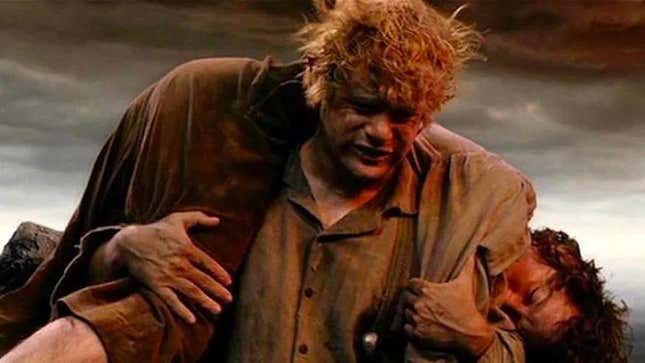
After a year of carnage following its unprecedented studio acquisition spree, Embracer Group going back to basics and doing what it does best: confusingly re-naming and re-arranging its portfolio. The Swedish holding company is splitting itself into three new entities. The one in charge of the Lord of the Rings IP and Tomb Raider will be called Middle-earth Enterprises & Friends.
Saudi Arabia Buys $1 Billion Stake In Publisher That Owns Many Of Your Favorite Games
“This transformation is an important step in unlocking shareholder value,” Embracer Group board chair, Kicki Wallje-Lund, said in a press release. The second entity will be Asmodee, the French board game maker Embracer purchased in 2022 for nearly $3 billion, which will be in charge of all the tabletop-related products. The third will be Coffee Stain & Friend, which will include basically everything else from indie and AA budget projects to free-to-play and mobile games (one of its studios makes stuff exclusively for Roblox).
Each of these new business groups will be traded separately on Nasdaq Stockholm with Asmodee getting a $956 million loan from JP Morgan and others that will help “deleverage” the rest of Embracer Group—i.e. erase some of its leadership’s worst excesses and mismanagement of the past few years from its balance sheets. The company described the loan as “ringfenced with no recourse to Embracer Group, separating Asmodee’s assets and funds from those of Embracer Group, and it is only secured by Asmodee assets.”
“The time is right for Embracer to become three public companies, each boasting sufficient scale, coherent strategies, specialized business models and empowered by visionary leadership teams,” CEO Lars Wingefors wrote in a letter jettisoning the company’s sole strategy up to this point.
This accounting shuffle happens after months of cuts and layoffs that resulted in closed studios (Volition), cancelled projects (Deus Ex), and recently the sale of Saber Interactive and planned sale of Gearbox Entertainment, spinning off two of the biggest and highest-profile acquisitions it had made. While the video game industry has been in bad shape in general this past year, Embracer’s problems appeared to stem in part from reliance on a reported $2 billion cash infusion from Saudi Arabia that fell apart at the very last moment.
Despite that epic miscalculation, Wingefors, who maintained a 20 percent investment and 40 percent voting stake in the old Embracer, appears to be sticking around. He won’t be CEO of any of the new entities but will remain as an “active, committed, and supportive shareholder.” “At the IPO in 2016 I made a promise to stakeholders that I would be around for at least 25 years,” he wrote in today’s letter, “and I still have 17 years left to fulfill that.”
.
